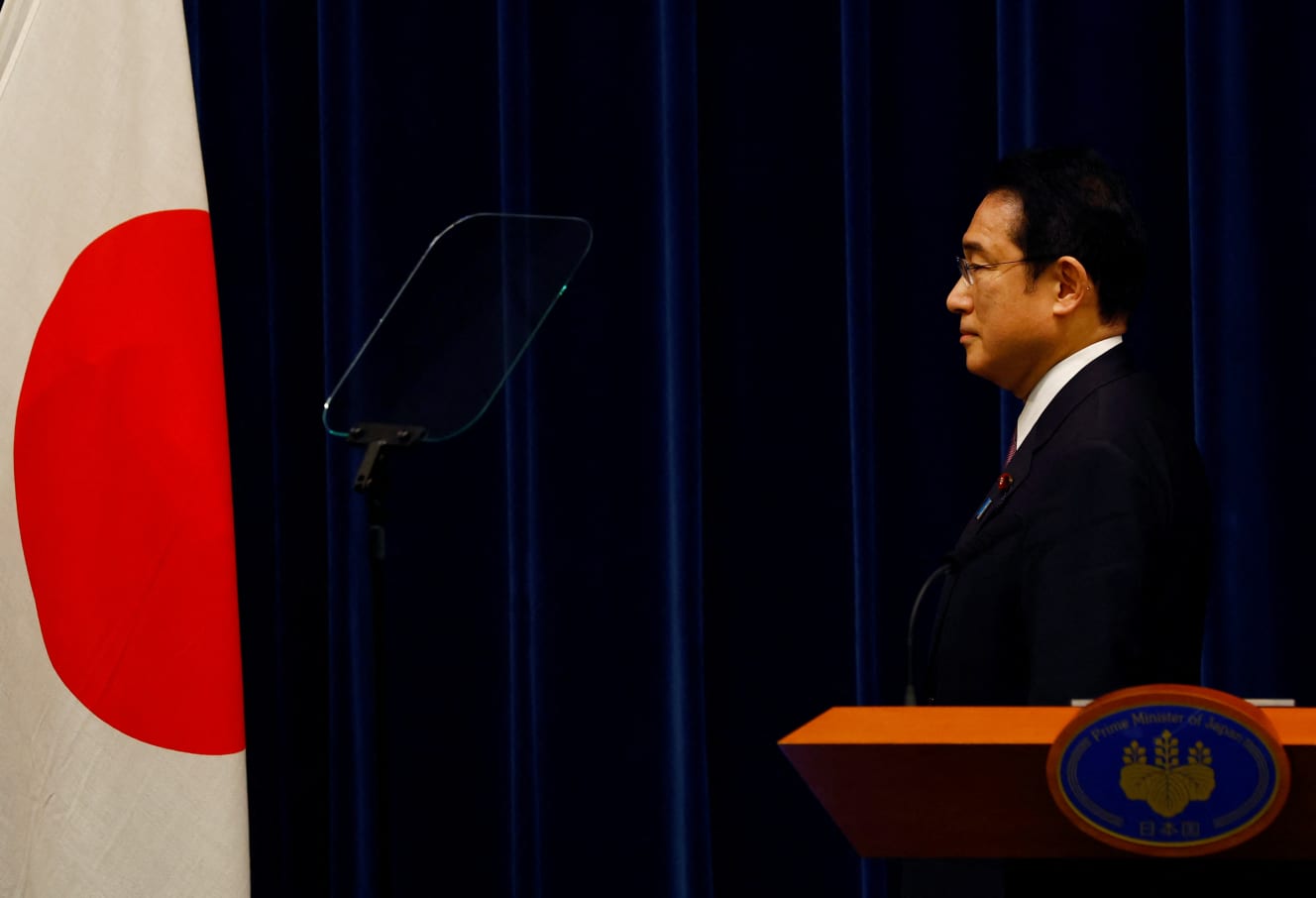Rising Pressure in Japan’s “Nuclear Sharing” & Restarting Nuclear Power Plant in the Midst of War in Ukraine

Japan should discuss nuclear sharing.
This statement has been met with great shock. It was made by former Prime Minister Shinzo Abe on a TV program. In response to Russia’s invasion of Ukraine, he seemed to propose “nuclear sharing” in which US nuclear weapons would be deployed in Japan.
If Japan, a signatory to the Nuclear Non-Proliferation Treaty (NPT), were to do this, it would be a violation of the treaty.
Above all, Japan, the world’s only nation to have experienced atomic bombings, has the ‘three non-nuclear principles’ advocated by former Prime Minister Eisaku Sato. This statement by former Prime Minister Abe was not made inadvertently or thoughtlessly. It is a statement made with conviction in an attempt to sway the Kishida administration and encourage them to revise the Constitution.
The prime minister, whose hometown is Hiroshima …
Nuclear sharing has been adopted by Belgium, Germany, and Italy, all before the Nuclear Non-Proliferation Treaty came into effect.
There is no way that nuclear sharing could be adopted after the treaty was signed. “There is no way I will allow nuclear sharing in my administration!”
In the Oval Office of the Prime Minister’s Office, Prime Minister Fumio Kishida is said to have said these words, revealing his anger. But former Prime Minister Abe further rattled Kishida by saying, “I am not a fan of the Japanese government, but I am a fan of the Japanese people.
He added, “You could have predicted that North Korea would launch a ballistic missile in the midst of the situation in Ukraine.”
Under these circumstances, “nuclear sharing is an urgent national security issue that can no longer be avoided,” is a bold accusation.
Is he trying to get Prime Minister Kishida to push the nuclear button? The comments are so self-serving and irresponsible that they make us feel indignant.
Energy problems that directly affect people’s lives
Russia’s invasion of Ukraine has led to a leap forward in political debate in Japan: the use of nuclear weapons. Although the war is in distant Europe, the ripples are spreading to the lives of the Japanese people. It is an energy issue.
As an expression of protest against Russia, Germany suspended the approval process for the Nord Stream 2 natural gas pipeline and refused to trade in Russian natural gas. Energy imports from Russia account for 40% of the EU’s total energy imports and 60% of Germany’s.
Mitsui & Co. and Mitsubishi Corporation have invested in the “Sakhalin 2” oil and gas development project, which produces liquefied natural gas.
ExxonMobil has already announced its withdrawal from Sakhalin 1, and Mitsubishi and Mitsui will probably pull out as well. Alternative energy is EU As a result, gas prices in Japan are expected to rise to 30 ~ from 50. It is inevitable that the price will increase by about 10%, “said a METI carrier.
Germany, which has declared the total abolition of nuclear power plants, had planned to shut down its three remaining operating reactors this year, but the prolonged war in Ukraine has rekindled debate.”In Japan , too, the debate over restarting nuclear power plants will become inevitable, “said an energy industry executive.
The Kishida administration may be forced to make a decision. “The Kishida administration may be forced to make a decision.” on restarting nuclear power plants before the Upper House election “(LDP energy group).
Prime Minister Kishida’s new capitalism and clean energy strategy will be announced in June before the Upper House election.
In light of the emergency situation of the war in Ukraine, METI has instructed electric and gas companies not to pass on the price of fuel procurement costs. Prime Minister Kishida called for “higher gasoline subsidies” and “energy conservation” at a press conference on March 3. If the situation drags on, however, he will have to consider “restarting nuclear power plants.
He said, “I will not be able to Right now, there is an actual war going on. Even if a Russian puppet government is established in Ukraine as Putin intends, civil war is inevitable due to anti-Russian movements. It is very likely that economic sanctions against Russia by other countries will be prolonged.
Russia’s war of invasion against Ukraine has sparked a debate on the use of nuclear weapons in Japan and has also hit the energy issue. The war must end, of course, but the dangers of this social turmoil must also be averted as soon as possible. We look forward to Prime Minister Kishida’s firm conviction, political strength, and diplomatic power, along with those of world leaders.
Interview and text: Shutaro Iwashiro Photo: Representative photo/Reuters/Afro